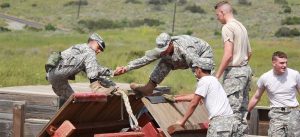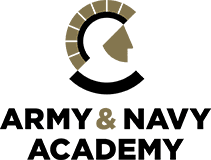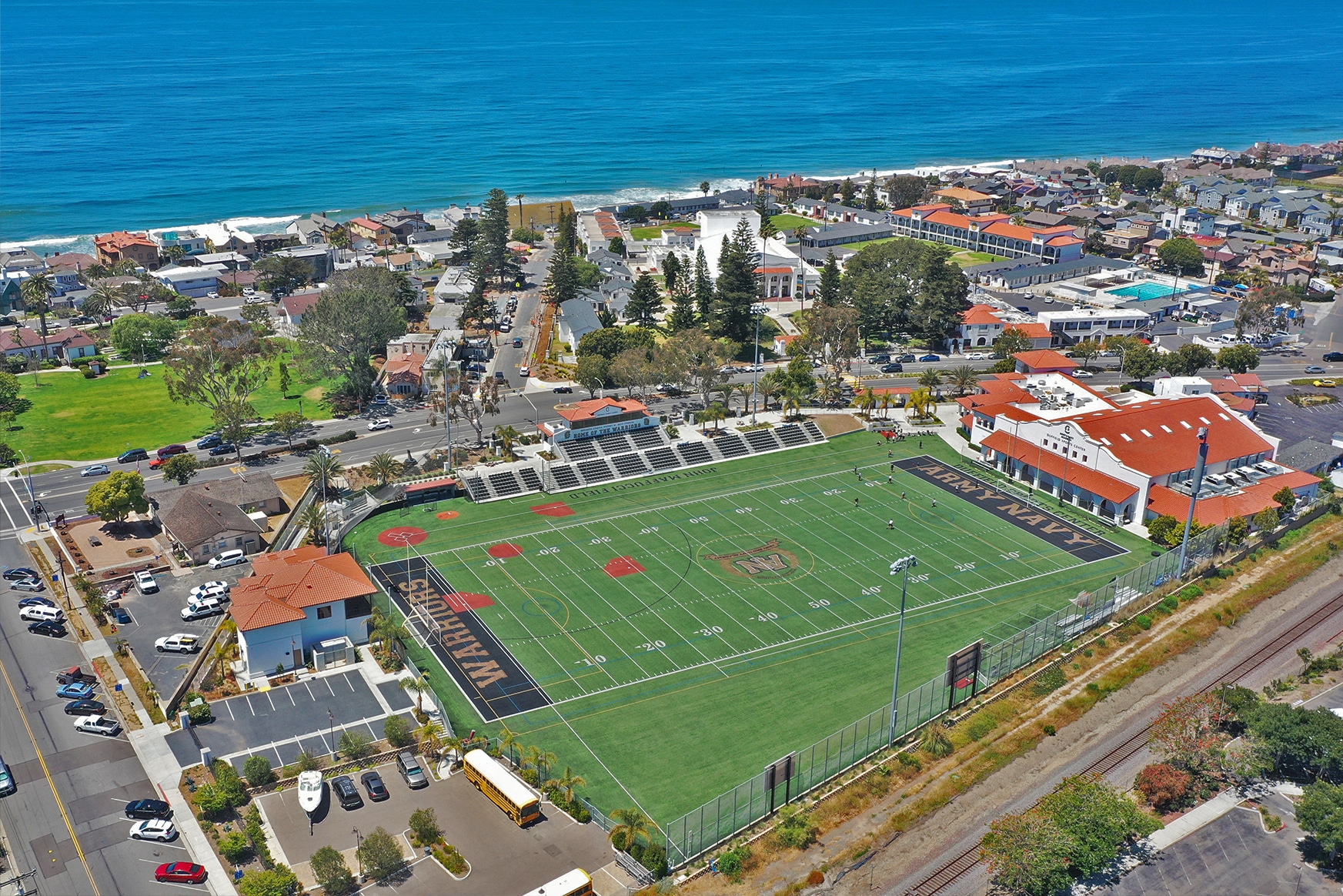 “Teamwork makes the dream work…” John Maxwell, author and speaker
“Teamwork makes the dream work…” John Maxwell, author and speaker
Teamwork is an essential part of most successful endeavors in modern life. It is especially so in the highly competitive workplace where the ability to work as part of a team is one of the most important skills in today’s job market. According to Getting Smart, a learning design firm that works with foundations and schools, “…Employers are looking for workers who can contribute their own ideas, but also want people who can work with others to create and develop projects and plans.”
One major reason teamwork is more emphasized as a corporate necessity today is the complex nature of most of the work itself being done. NDT Resource Center, a technology education-based website, said in a webpage: “Most companies realize that teamwork is important because either the product is sufficiently complex that it requires a team with multiple skills to produce and/or a better product will result when a team approach is taken. Collaborative learning should be included in almost every classroom.”
What are the characteristics of effective teamwork?
The book, “Teamwork: What Must Go Right/What Can Go Wrong,” by Carl E. Larson and Frank M.J. LaFasto, lists several characteristics of effective teamwork, including:
- The team must have a clear goal. Team goals should call for a specific performance Objective expressed concisely that everyone knows when the objective has been met.
- The team must have a results-driven structure. The team should be allowed to operate in a manner that produces results. It is often best to allow the team to develop the structure.
- The team must have competent members. …The problem given to the team should be one that the members can tackle, given their level of knowledge.
- The team must have unified commitment. This doesn’t mean that team members must agree on everything. It means that all individuals must be directing their efforts towards the goal. If an individual’s efforts are going purely towards personal goals, then the team will confront this and resolve the problem.
- The team must have a collaborative climate. It is a climate of trust, produced by honest, open, consistent and respectful behavior. With this climate, teams perform well…without it, they fail.
- The team must have high standards that are understood by all. Team members must know what is expected of them, individually and collectively. Vague statements such as “positive attitude” or “demonstrated effort” are not good enough.
- The team must receive external support and encouragement. Encouragement and praise works just as well motivating teams as it does with individuals.
- The team must have principled leadership. Teams usually need someone to lead the effort. Team members must know that the leader has the position because her or she has good leadership skills and is working for the good of the team. Team members will be less supportive if they feel the team leader is putting him/herself above the team, achieving personal recognition or otherwise benefiting from the position.
Teamwork training needs to begin early
Learning teamwork skills need to be acquired early on in the education of our children; well before they reach adulthood. Teamwork skills will help young people in school communicate with others, increase their social skills and self-confidence, and help them develop into happier adults, according to a Group Dynamix, a firm that facilitates team building for its clients. An article on the firm’s webpage reads in part:
“Teamwork teaches kids important skills and life lessons, but like any other skill, having a good teacher or coach is a critical aspect of the process. It takes someone with specialized knowledge and experience to guide kids through the process.
“It’s important to involve kids early in team activities…Teamwork learned as a kid will continue to have a positive impact for the rest of that child’s life.”
There are varying levels of resources that model and teach teamwork principles to their students. Among the best are those offered at the Army and Navy Academy, a college preparatory boarding school for middle- and high-school age boys in Carlsbad, Calif. The 110-year-old school has a robust leadership and character education curriculum that includes a fully rounded program of competitive athletic team sports, a student government that provides Cadets experience in holding elective offices as well as a robust Junior ROTC (JROTC) program that give Cadets training and experience in how to serve on and lead a team.
To mold Cadets into effective team members, the Academy begins by building self-esteem and confidence in each individual team member. Every 7th– through 12th– grade boy who attends the Academy is given the resources and opportunities needed to achieve the school’s three Cadet imperatives to “Be Bold.” “Be Brilliant.” “Be You.”
“We believe that greatness lies in every boy,” said the Academy’s President, retired Army Maj. Gen. Arthur Bartell. “For boys to succeed in a team or as an individual, they must first believe in themselves. Our focus is to keep boys at the center and to leverage the unique structure that we provide through our academic, leadership and character development programs as well as the 24/7 round-the-clock learning experiences they acquire in a boarding school environment.”
The Academy adds the concept of brotherhood to its teamwork emphasis as one of several ways to build self-confidence and esteem. Many graduates over past years have said later that the school’s emphasis on brotherhood that equipped them with teamwork skills was the most positive and lasting “takeaway” from their time at the Academy.
Exactly, how do Cadets acquire teamwork skills?
In addition to participating in competitive sports, taking part in student government and extra-curricular club leadership, all Cadets take part in the Academy’s robust JROTC program that extends well beyond the JROTC programs that are offered at most public and private high schools. The scope of the Academy’s program includes emphases on developing personal character, self- reliance, and personal discipline; qualities that mold them initially into effective team members.
The Academy’s rigorous year-long Officer Candidate Course teaches advanced leadership skills to 11th-grade Cadets who will be assuming leadership skills in the Academy’s Cadet Corps during their senior year. Each spring, the junior-year Cadets are evaluated on a number of performance objectives through leadership and discipline assessments, how well they served as team members, scores on written and oral exams, their ability to lead Cadet formations, the extent to which they assume responsibilities, their academic performance, character development, and physical fitness.
For future information on the Army and Navy Academy, visit the Academy website at www.armyandnavyacademy.org; e-mail at admission@armyandnavyacademy.org or phone at 888.762.2338.

Candace Heidenrich is the CEO of Aperture Advisory Associates, where she works with private secondary and higher education leaders to strengthen programs and practices. She founded Aperture in 2018 after more than a decade in a senior administrative role at a boarding school in California. Additionally, she held faculty and chair positions at private schools and colleges in Los Angeles and Ojai. Her background also includes director and executive level positions with start-ups and Fortune 500 corporations.
While earning her B.A. in Education and Humanities in the Lawrence Henry Gipson Scholar program, she studied abroad at Oxford before pursuing her master’s at the University of California, Santa Barbara. A frequent speaker at national conferences, she is a recognized thought leader and authority on enrollment management and marketing best practices.
